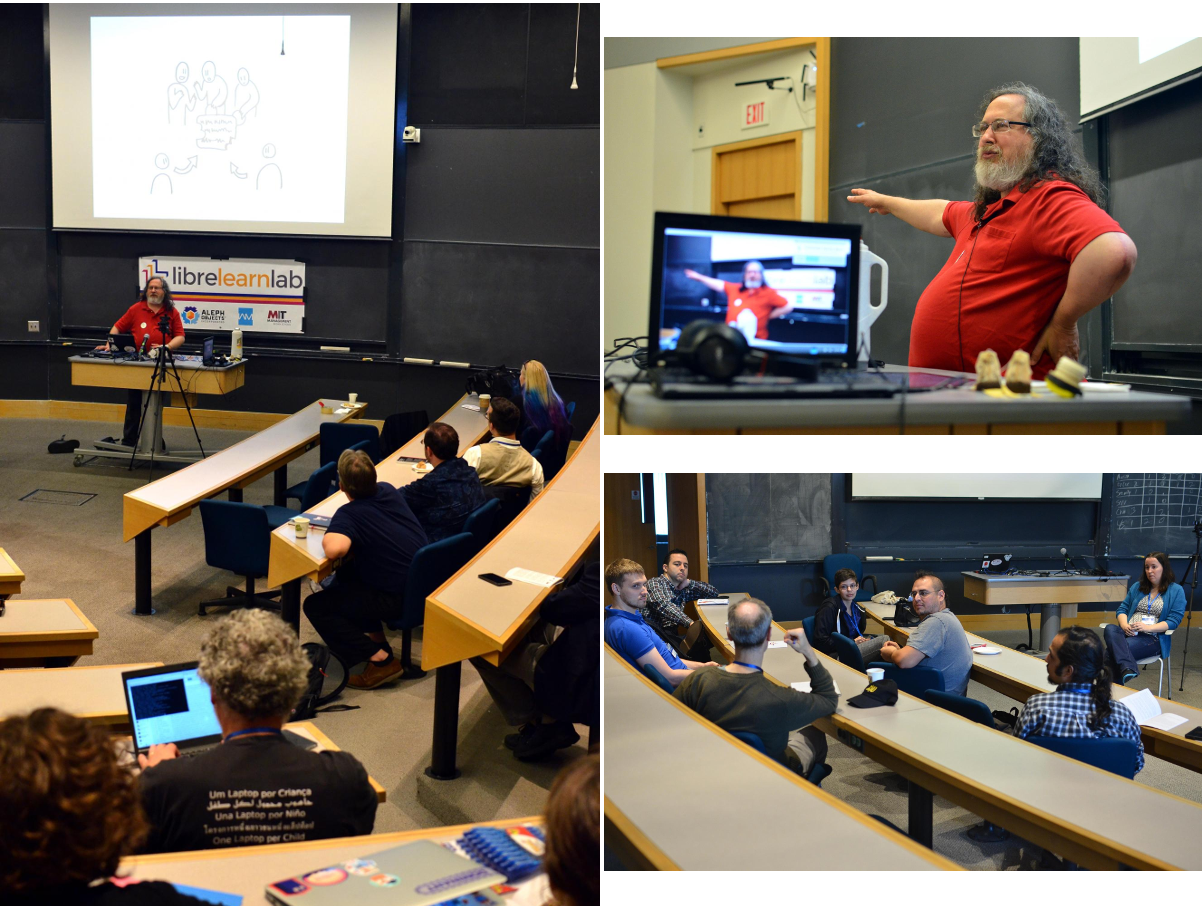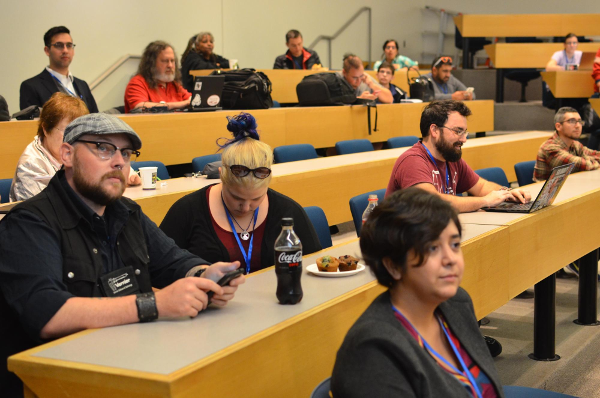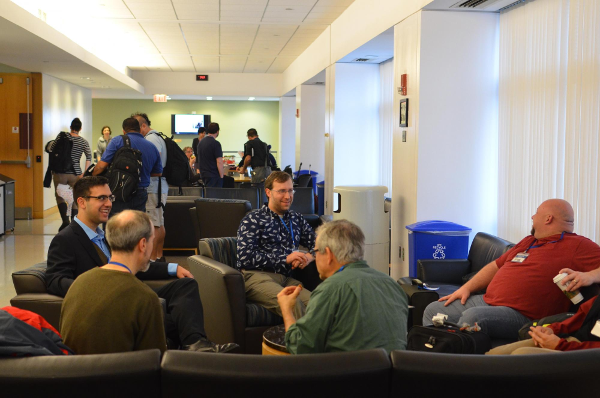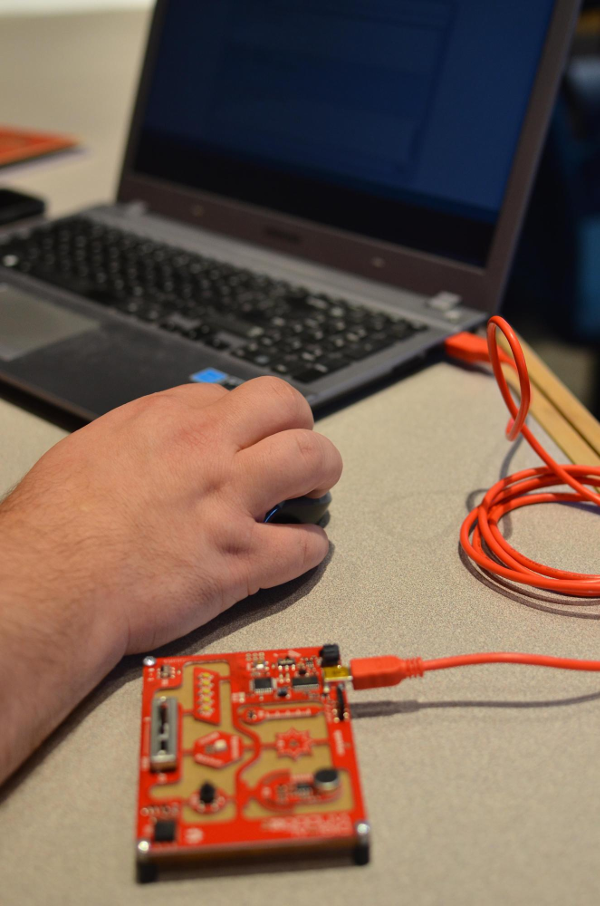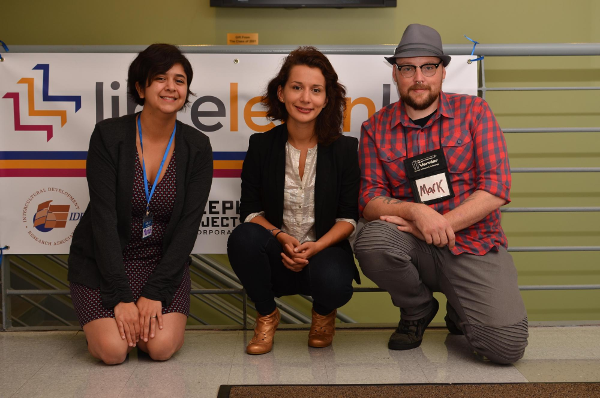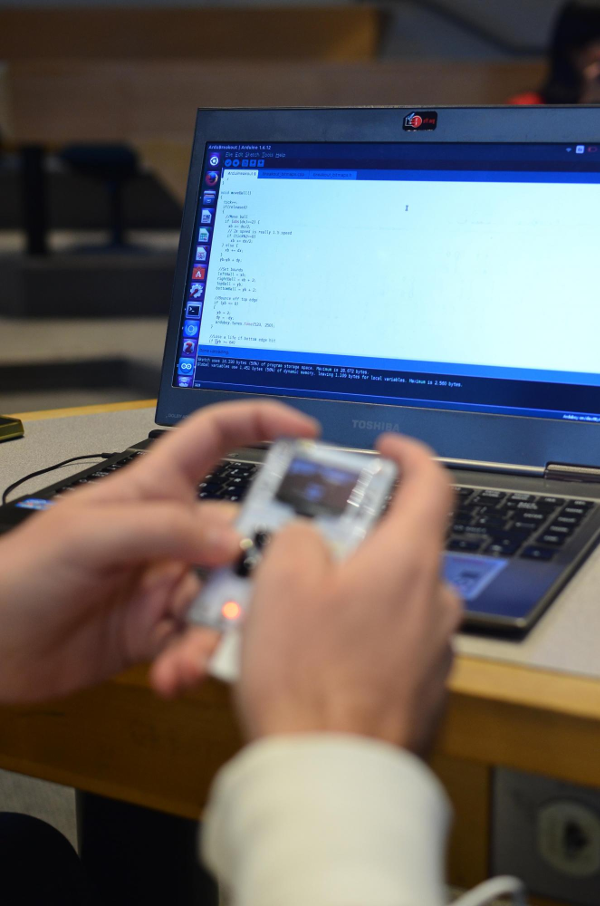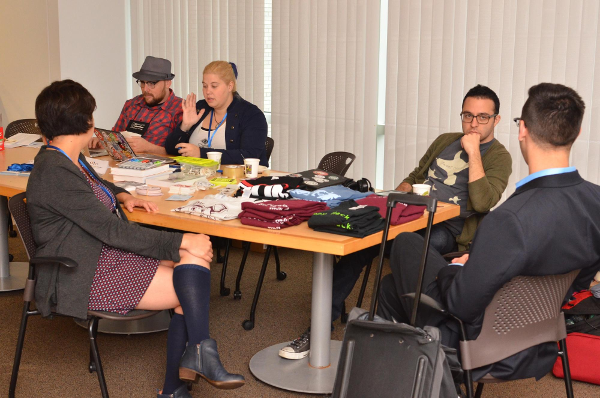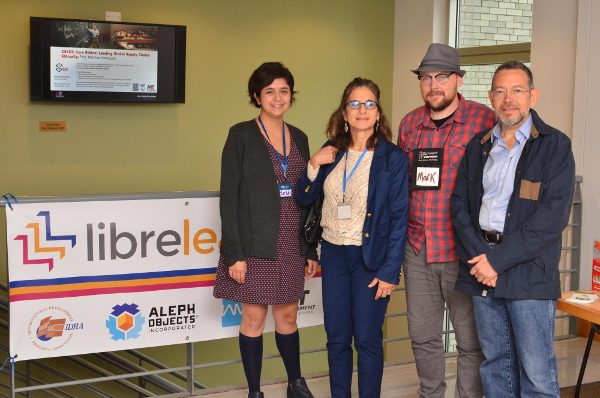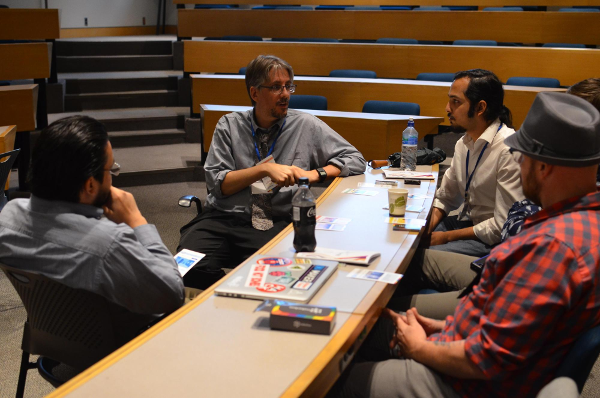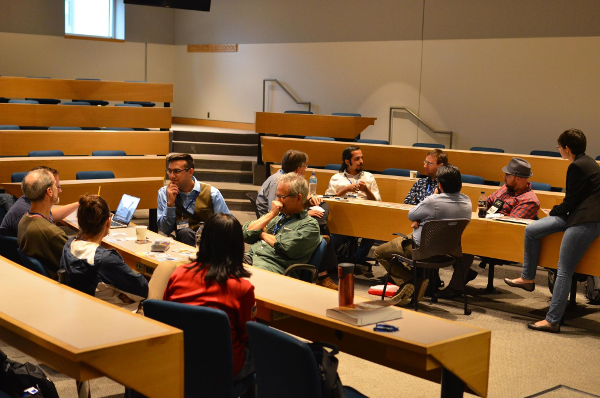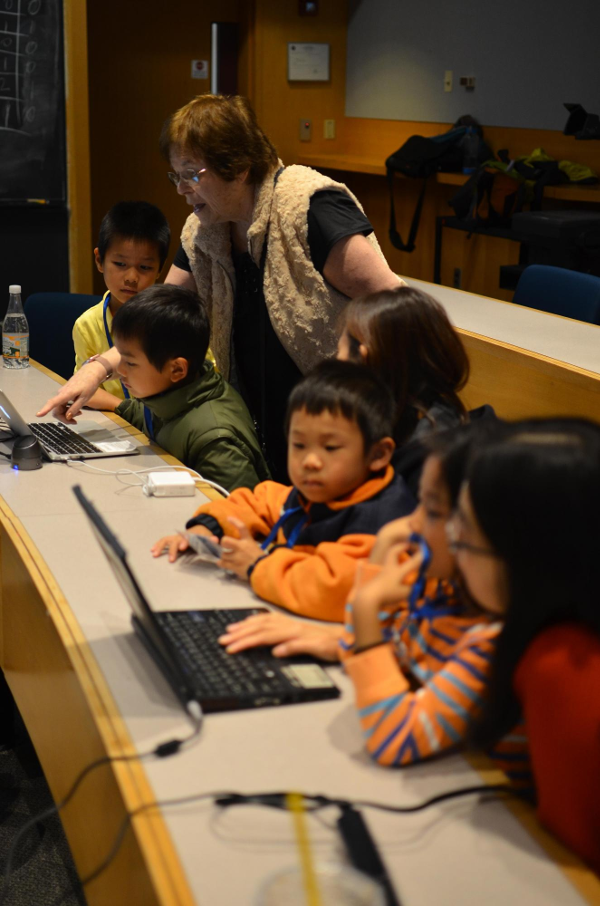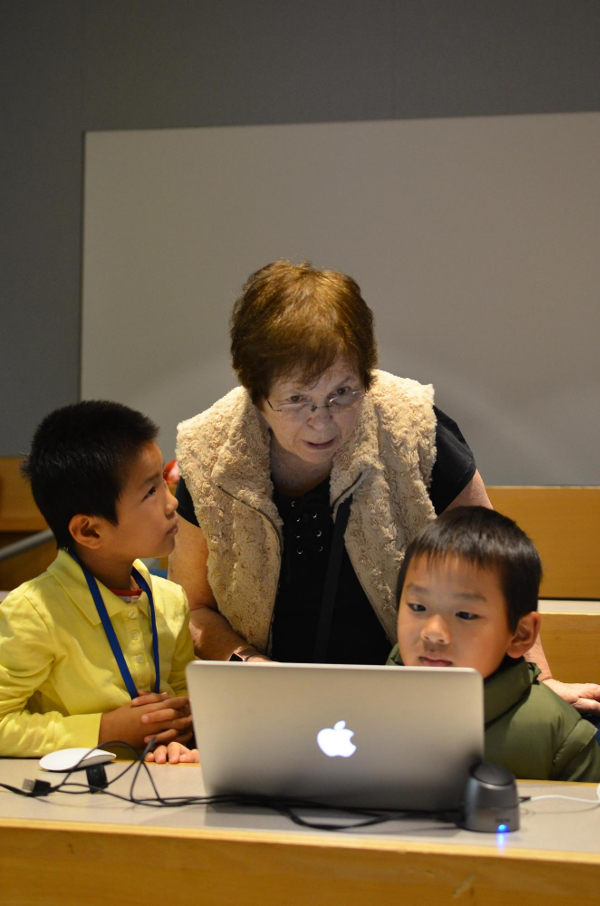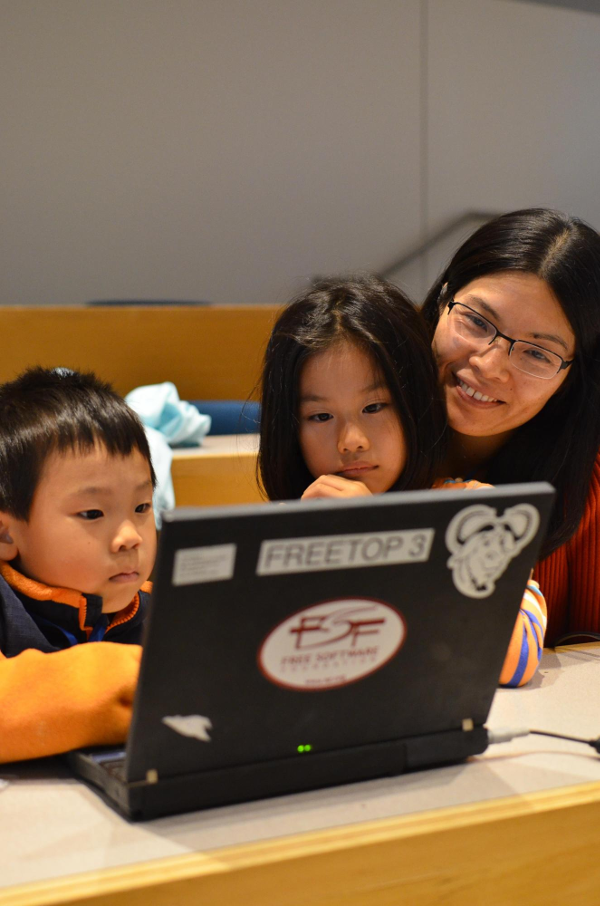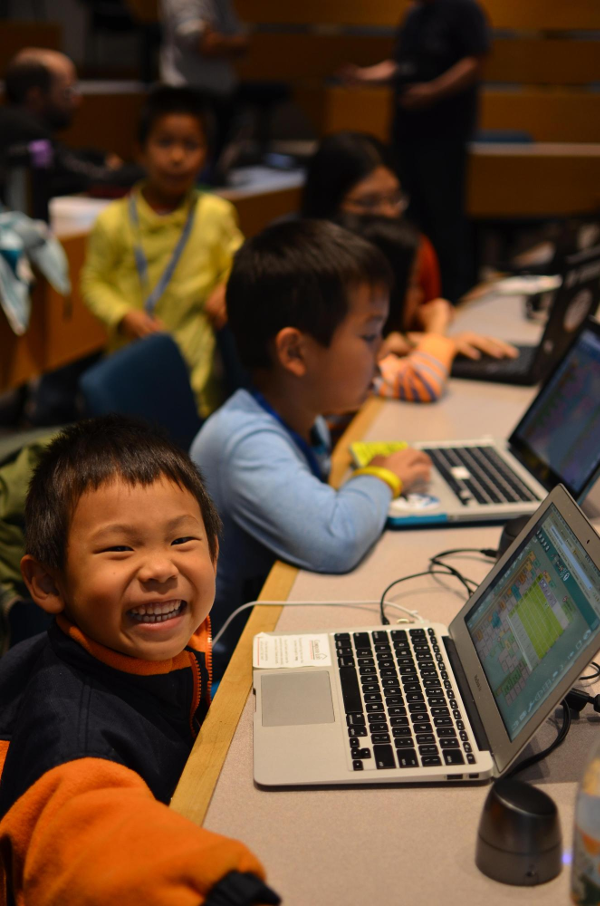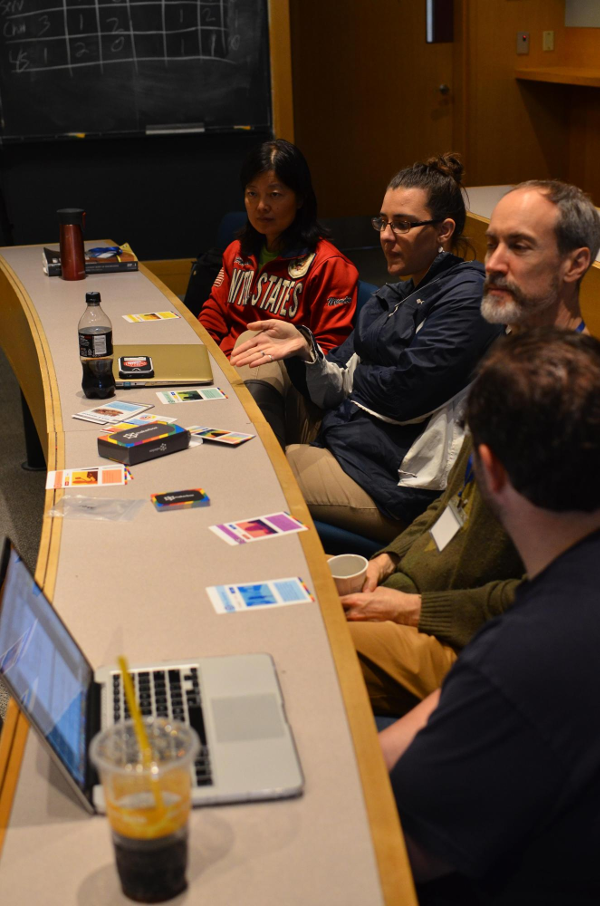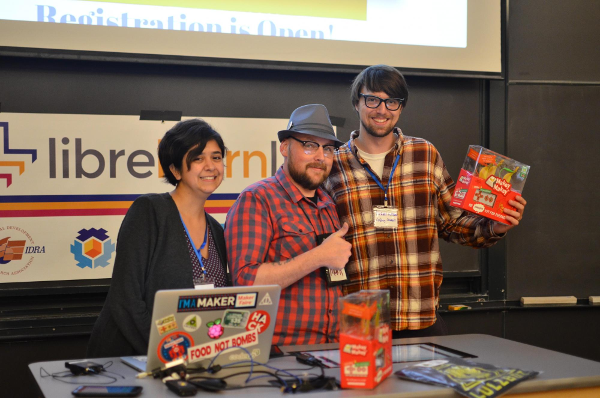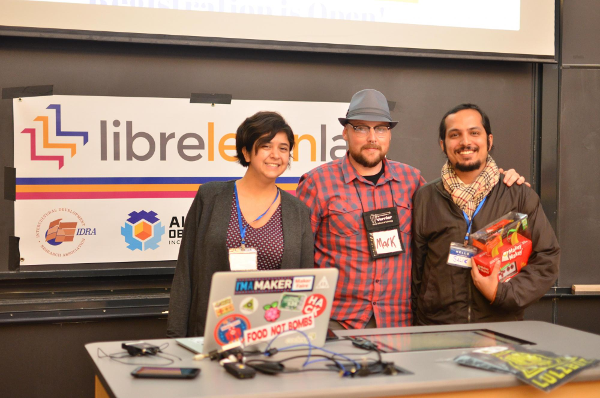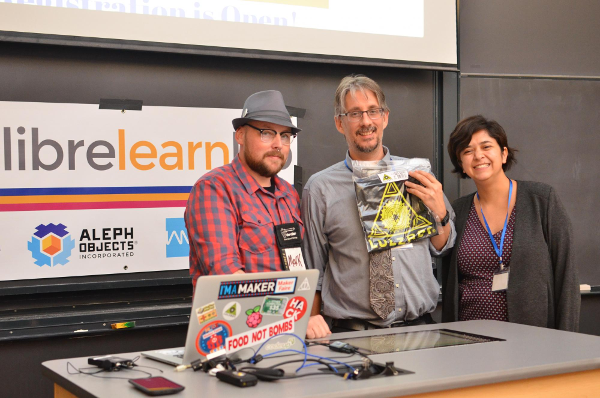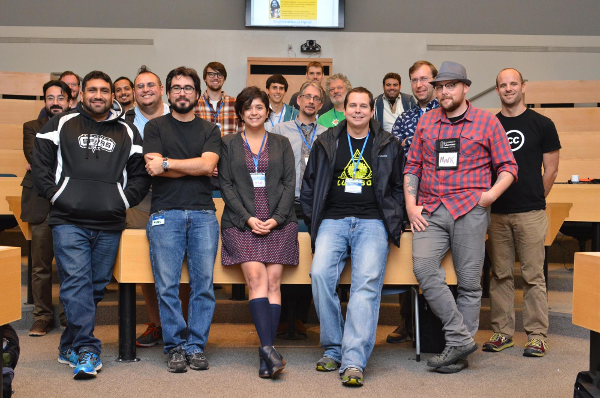The Free Software Foundation (FSF) has argued for years via its End Software Patents campaign that software patents are a threat to computer users everywhere and need to be abolished. In 2010, the FSF even funded a documentary, "Patent Absurdity: how software patents broke the system," laying out the history of this destructive force. More recently, FSF, the Open Source Initiative, and the Software Freedom Law Center filed an amicus curae in the United State's Supreme Court case of Alice Corp. v. CLS Bank Int’l (Alice). There, we explained the dangers of software patents and argued that "not only do software idea patents fail established tests for patentability; they also violate the First Amendment." It appears that someone on the Federal Circuit (the court that hears appeals on cases involving patents in the U.S.) took note.
That someone is Judge Haldane Robert Mayer, who in a stunning concurrence in Intellectual Ventures v. Symantec (links to a PDF) outlined the case against software patents. The argument will be familiar to those who have read the FSF's Amicus in Alice: software patents fail basic tests for patentability and violate the First Amendment. And while the fact that it is only a concurrence (and not the main opinion of the court) means that it is not settled law, it is a huge step forward in protecting computer users from the dangers of software patents.
Mayer lays out the First Amendment argument against patentability of certain subjects, noting that limits on the subject matter of patents are meant to protect free expression. Under U.S. law, 35 U.S.C § 101 (section 101) lays out the scope of patentable subject matter. In analysing this section, courts have carved out certain subjects as being outside the scope of patentability so as to protect freedom of expression. In particular, abstract ideas and mental process have been found too threatening to the free exchange of ideas to permit them to be locked up in patents. After outlining the basics, Mayer goes on to state that "Most of the First Amendment concerns associated with patent protection could be avoided if this court were willing to acknowledge that Alice sounded the death knell for software patents."
This is a really significant statement, offering clear guidance in the right direction as to how the Supreme Court case should be viewed.
Mayer notes that the Supreme Court in Alice "... explained that the 'mere recitation of a generic computer cannot transform a patent-ineligible abstract idea into a patent-eligible invention.' ... Accordingly, '[t]he fact that a computer necessarily exist[s] in the physical, rather than purely conceptual, realm is beside the point'..."
Mayer explains that "Software lies in the antechamber of patentable invention. Because generically-implemented software is an 'idea' insufficiently linked to any defining physical structure other than a standard computer, it is a precursor to technology rather than technology itself."
Mayer continues the line of thought to its practical conclusion: "Given that an 'idea' is not patentable ... and a generic computer is 'beside the point' in the eligibility analysis ... all software implemented on a standard computer should be deemed categorically outside the bounds of section 101."
Mayer even points out that the existence of free software itself is a strong argument against the granting of software patents. That the free software community has flourished for decades without the use of patents "suggests that innovation can flourish in software absent patent" restrictions.
This opinion is exactly the sort of thing we've been fighting for all these years. If only the rest of the court in Intellectual Ventures v. Symantec had joined in with Mayer in recognizing that software should never be subject to patents. While it is a great victory to see this analysis produced by a judge here in the U.S., there's obviously more that needs to be done before the 'death knell' truly sounds for software patents all around the world. Here's what you can do to help bring about that victory even faster:
